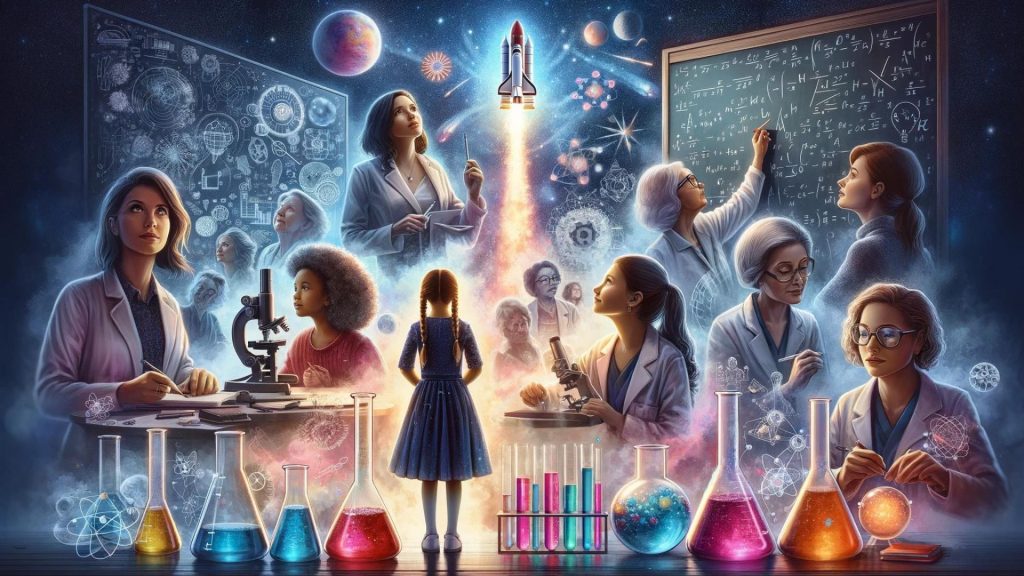Deeply ingrained beliefs about the dominant role of genetics over effort and environment in academic success continue to block women’s progress in science, technology, engineering, and mathematics (STEM).
Recent studies have unveiled a powerful yet invisible barrier: the widespread misconception that success in fields like mathematics and engineering depends more on innate ability than on learning, effort, and support. This belief disproportionately discourages women from pursuing careers in STEM, often making them question their capabilities based on gendered assumptions rather than potential.
A significant portion of society—both men and women—subconsciously associate success in engineering and math with natural-born genius, rather than perseverance, high-quality education, and mentorship. Women and girls exposed to these beliefs are less likely to view themselves as inherently capable in these fields, leading to lower interest and representation in technical careers. This misguided view also downplays the crucial role of structured learning, practice, feedback, and supportive environments in individual achievement.

Why This Belief Is Scientifically Inaccurate
Extensive research in education and psychology clearly shows that skills in math, engineering, and science are learnable. While personal interests may vary, core STEM competencies—like problem-solving, mathematical reasoning, and computational thinking—are primarily developed through effective teaching, consistent practice, constructive feedback, and safe learning spaces where making mistakes is seen as part of the growth process. Genetics alone is far from a definitive factor in determining academic or professional success in these areas.
These false beliefs not only filter out vast amounts of untapped talent from the innovation pipeline, but they also shrink the diversity of perspectives essential to solving today’s complex global challenges. Researchers stress that rewriting this narrative is a key step toward increasing women’s participation in STEM. Here are some recommended strategies:
✅ Shift the Narrative:
Promote messages in media, education, and public discourse that emphasize growth, learning, perseverance, and the impact of supportive environments—rather than innate brilliance.
✅ Highlight Diverse Role Models:
Introduce a wider range of successful women in STEM who attribute their achievements to continuous learning and hard work, not just raw talent.
✅ Redesign Learning Environments:
Create educational spaces in schools and universities that prioritize skill development, collaboration, and learning from failure, while actively challenging gender stereotypes.
✅ Raise Awareness:
Offer training and workshops for teachers, parents, and academic advisors to help them recognize and correct these damaging beliefs, and promote a growth mindset among students.
Conclusion: Opening Doors Through Mindset Change
Debunking the myth that mathematical or scientific talent is purely innate can unlock new opportunities for countless women and girls who might otherwise assume STEM isn’t for them. A shift in perspective is not only fairer—it’s essential for driving scientific progress, innovation, and societal development.
Phys


